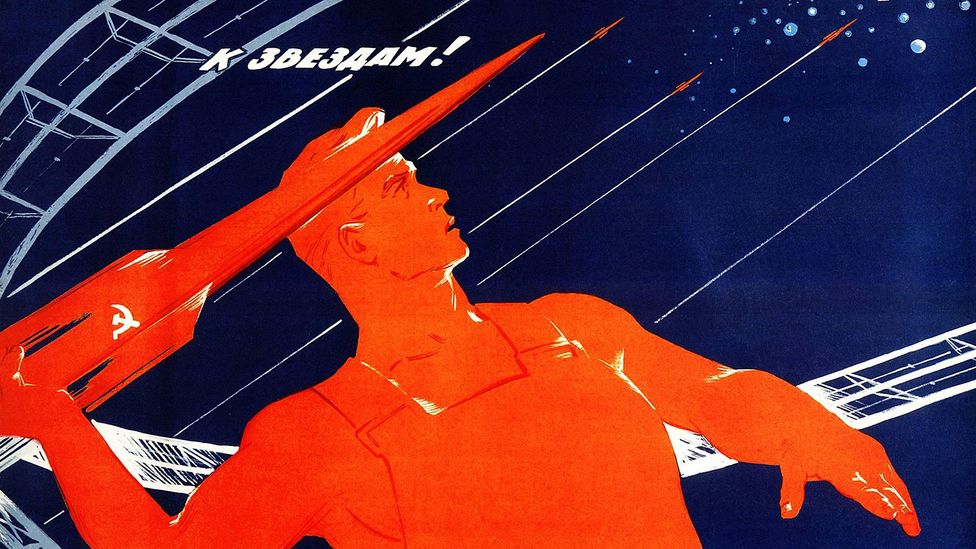The abstract world of quantum mechanics, where particles can exist in multiple states simultaneously, might seem far removed from the rigid ideology of Soviet communism. However, the development of the theory during the 20th century was surprisingly influenced by the political and philosophical climate of the USSR.
Soviet communism, built on the foundation of dialectical materialism, emphasized the objective reality of the physical world. This clashed with some interpretations of quantum theory, particularly Niels Bohr's concept of complementarity, which suggested that certain properties of particles could not be observed simultaneously. Soviet physicists like Boris Podolsky argued that this defied the notion of a single, knowable reality.
This philosophical disagreement wasn't merely academic. The ability to harness the power of the atom was a key strategic pursuit for both the Soviet Union and the United States during the Cold War. Soviet physicists, mindful of the ideological constraints, actively sought interpretations of quantum mechanics that aligned with dialectical materialism. They believed a truly materialistic interpretation would unlock the full potential of atomic science.
One prominent figure was David Bohm, a physicist who emigrated from the US to the USSR in the 1930s. Bohm's pilot wave theory attempted to offer a more deterministic interpretation of quantum phenomena, suggesting hidden variables could explain the seemingly probabilistic nature of the subatomic world. While ultimately not widely accepted by the scientific community, Bohm's work exemplified the Soviet effort to reconcile quantum theory with communist philosophy.
The influence of Soviet ideology wasn't always a roadblock. The emphasis on the practical application of scientific knowledge often led to significant advancements. Soviet physicists made crucial contributions to fields like quantum field theory, which has implications for our understanding of elementary particles and forces.
The story of Soviet involvement in quantum theory is a complex interplay of scientific ambition, political pressure, and philosophical conviction. While the ideological constraints undoubtedly hampered certain aspects of research, the focus on practical applications also yielded important discoveries. Ultimately, the development of quantum theory during this period demonstrates the fascinating ways in which scientific progress can be shaped by historical and political context.
